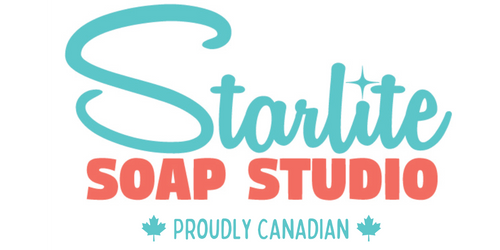Once you’ve mastered Starlite Soap Studio’s Beginner Soap Making Workshop, you might want to come back and perfect your new expertise with the creation of Goat Milk Soap!
Making soap with milk is a time-honoured tradition that has been used for centuries. It's no surprise that this method is still popular today as it provides numerous benefits for the skin. The key is to understand the unique qualities of each type of milk and how to incorporate it into your soap-making process.
One of the most popular types of milk used in soap making is goat milk. Goat milk is rich in vitamins, minerals, and fatty acids that nourish and hydrate the skin. It's also gentle and soothing, making it an excellent choice for those with sensitive or dry skin. When making soap with goat milk, it's important to keep an eye on the temperature to prevent scorching or curdling.
Another type of milk that is often used in soap-making is cow’s milk. Cow’s milk also provides a creamy texture and creates a rich lather. It's also high in fat, which helps to moisturize and soothe the skin. However, it's important to note that cow milk can be more challenging to work with due to its higher sugar content. It's essential to keep the temperature low to prevent the milk from scorching and curdling.
If you're feeling adventurous, you can also experiment with other types of milk such as coconut, almond, or even oat milk. These milk alternatives offer unique benefits for the skin and can add an interesting twist to your soap-making process.
To incorporate milk into your soap-making,, it's essential to freeze the milk before adding sodium hydroxide to prevent it from scorching. Once the milk has been incorporated, you'll need to keep the temperature low and stir continuously to ensure that the milk doesn't curdle.
Overall, making soap with milk can provide numerous benefits for the skin and add a unique twist to your soap-making process. So why not give it a try? Your skin (and your senses) will thank you!
We hope you will join us for a Goat Milk Soap Making Workshop soon, to discover other tips and tricks for perfecting your recipe and creating a perfect, goat-y end product!

